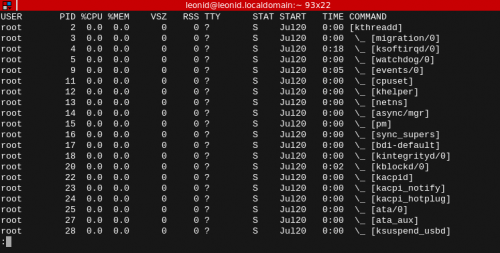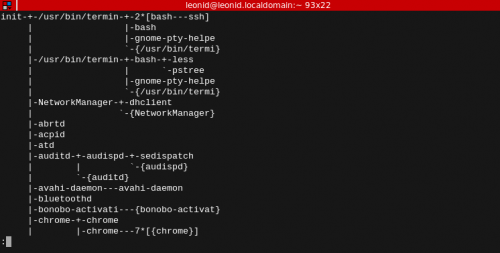Here is a brilliant passage from an article “Too Smart for Git“:
Git follows Linux’s philosophy of refusing to protect you from yourself. Much like Linux, Git will sit back and watch you f*ck your sh*t right up, and then laugh at you as you try to get your world back to a state where up is up and down is down. As far as source control goes, not a lot of people are used to this kind of free love.
Excellent!

